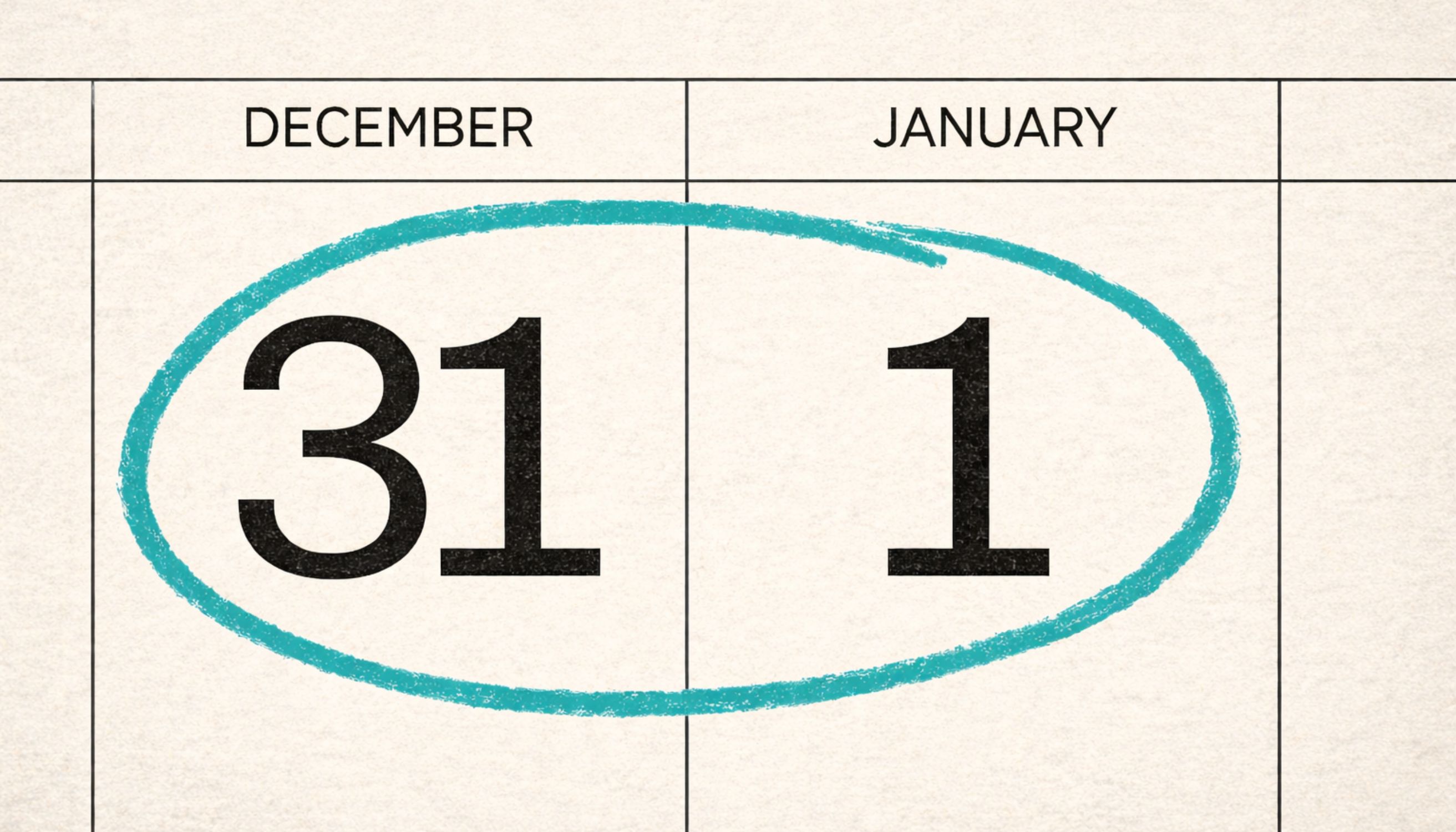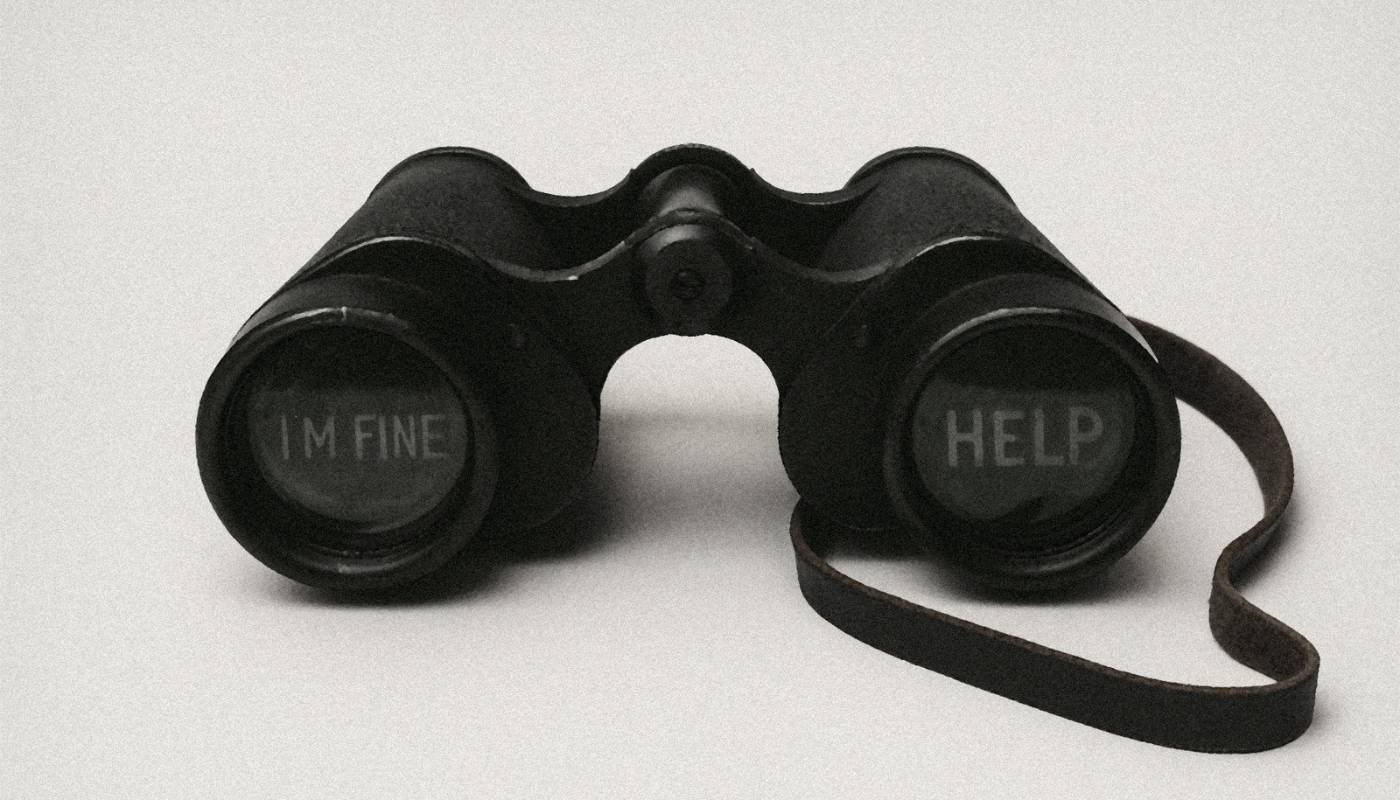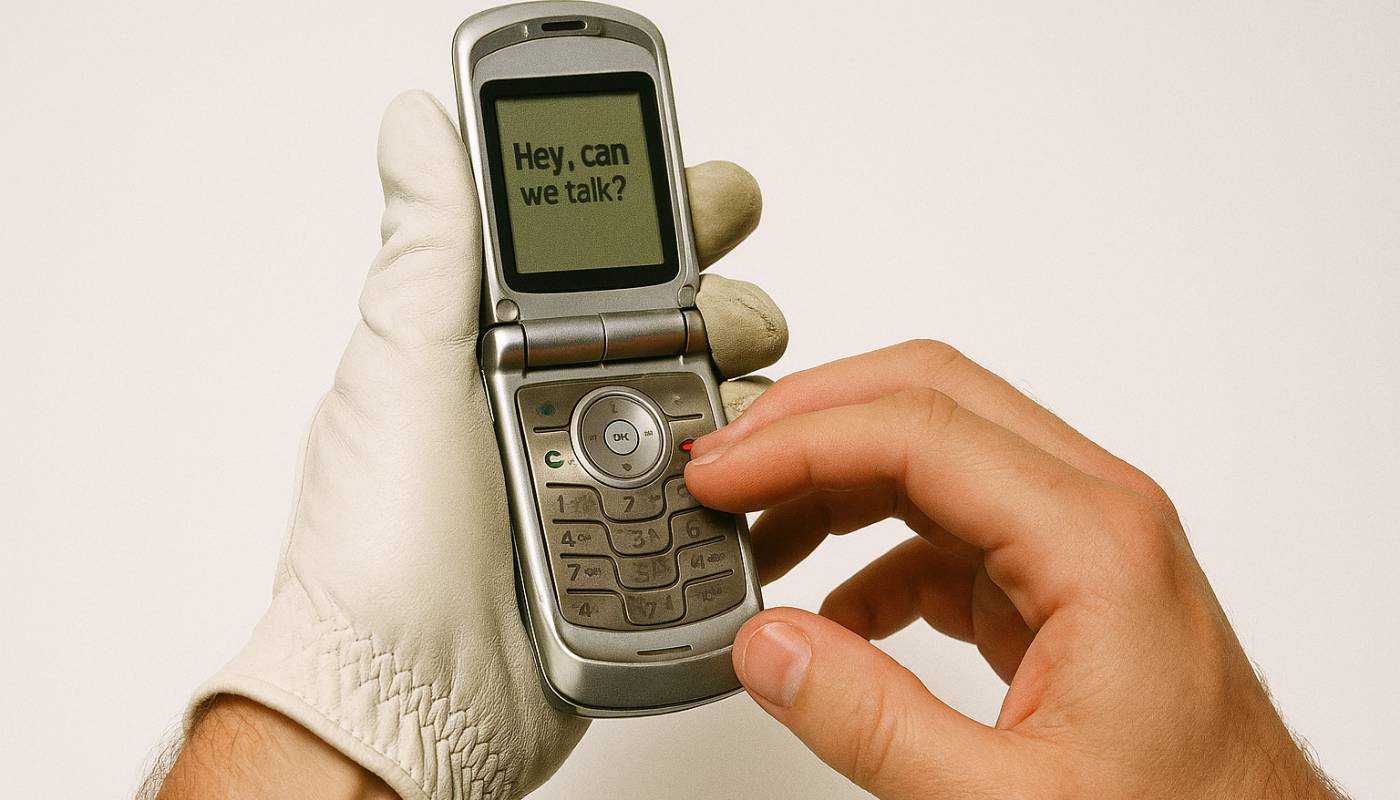Therapy. Bit of a loaded word, isn't it?
Depending on who you are, it might bring up a few things: awkward silence, bad TV stereotypes, or that one friend who swears by it but never actually explains what happens in there.
It can feel intense. Or personal. Or like something only "certain people" do.
Which makes it tricky to talk about, even when you want to help someone consider it.
This guide is here to take the edge off. To make conversations about therapy a bit less stiff, a bit less sacred, and a lot more doable.
The great news is that you don't need to be an expert. Or a motivational speaker. You just need to speak human.
Quick takeaways
- Pick your moment. Look for when they're already opening up, not when they're rushing off somewhere.
- Keep it simple. "You've been carrying a lot. A therapist could help lighten that load."
- Make it normal. Frame therapy as a tool, like physio for your head.
- Handle pushback gently. "Fair enough. What would feel more helpful right now?"
- Offer practical support. Help with finding someone or working out the boring admin bits.
- Stay consistent. Check in regularly without being pushy about it.
- Know when it's urgent. If they mention self-harm, get professional help immediately
When Therapy Might Be Worth Exploring
There's no perfect moment or one-size-fits-all checklist. But sometimes, certain patterns or feelings can be a quiet signal that a bit of extra support could help.
A few things to keep an eye on:
- They've been through something heavy (loss, change, ongoing stress that won't let up)
- They're clearly struggling but brushing it off or trying to power through
- They've said they feel stuck, flat, or unlike themselves for more than a few weeks
- They've mentioned therapy before but haven't followed through
- They often open up to you, and it seems like they might need more space than a friend can offer
- You're starting to feel out of your depth with what they're sharing
These aren't the only signs, but they're often worth paying attention to. If any of this rings true, it might be a good moment to bring it up.
For more signs to look out for, check out our Spotting the Signs guide.
{{divider-main="/content-templates"}}
What You Can Say
You're offering a gentle prompt. Something simple, human, and easy to hear.
The timing matters.
Look for moments when they're already opening up, not when they're rushing off somewhere or distracted. Side-by-side conversations often work better than face-to-face ones.
Keep your tone calm and pressure-free.
You're planting a seed, not delivering an ultimatum. A simple suggestion, framed with care, can help someone see therapy as an open door worth stepping through.
{{divider-main="/content-templates"}}
How to Handle Pushback
Therapy can land in all sorts of ways. A shrug. A joke. A polite nod that says “moving on.” Sometimes it sparks interest. Sometimes it hits the floor like a wet headcover.
That’s completely normal.
Hesitation doesn’t mean rejection. It just means there’s more going on.
And that’s okay.
Strategies that Can help:
Stay curious, not forceful.
When they push back, try "Fair enough. What would feel more helpful right now?" You're not trying to win an argument.
Keep it personal.
If you've had therapy or know someone who has, mention it briefly. "My sister found it helpful" makes it feel less abstract than a lecture about benefits.
Name the hesitation.
"Sounds like you've got mixed feelings about it." Sometimes just acknowledging their concerns helps more than arguing against them.
Leave the door open.
"If you ever want to give it a go, I'll back you." Let them know your support isn't conditional on taking your advice.
The goal isn't to get someone across the finish line. It's just to be someone they'd want walking beside them if they ever decide to take a step.
{{divider-main="/content-templates"}}
If They Show Interest
If they say yes, or even maybe, that's a big moment. And a quiet one. You don't need to throw confetti or become their personal life coach. Just keep being their friend.
Ask what kind of support they want from you.
"Do you want me to help look for someone?" or "Want me to check in next week to see how it's going?" Let them set the terms. You're there to support, not steer. Some people want practical help, others just want to know you're not going anywhere. Don't guess - just ask.
Help with the boring bits if they want it.
Finding a therapist, figuring out costs, working out availability - all that admin can feel like a mountain. Offering to help with one step (like finding a directory or reading through profiles) can make it feel less like Everest. But don't take over the whole process. They need to stay in control of their own journey.
Be a human, not a cheerleader.
You don't need mantras or pep talks. Just showing up, staying normal, and checking in every now and then goes a long way. Keep being the person they felt safe enough to tell in the first place. Don't suddenly transform into a wellness guru.
Stay consistent.
If they've opened up once, they might again. Keep the door open. Stay calm if the journey's messy - therapy isn't linear, and recovery rarely looks like a straight line. Your presence might be a bigger deal than you realize, especially on the days when progress feels impossible.
{{crisis-main="/content-templates"}}
Finding The Right Support
If someone's open to therapy, or just wants to know more, these resources can help them explore options without having to navigate the entire internet.
UK-Based Support
NHS Talking Therapies
Free, confidential therapy services available in England. You can self-refer without going through your GP first.
🔗 nhs.uk/mental-health/talking-therapies-medicine-treatments/talking-therapies-and-counselling
BACP (British Association for Counselling and Psychotherapy)
Find a qualified private therapist who's registered and properly trained.
🔗 bacp.co.uk/search/Therapists
Counselling Directory
Easy-to-browse directory of UK therapists, with profiles and areas of expertise clearly listed.
🔗 counselling-directory.org.uk
Mind
Mental health charity with clear guidance on types of therapy, how to find someone, and what to expect.
🔗 mind.org.uk
US-Based Support
Psychology Today Therapist Finder
Massive directory of licensed therapists. You can filter by insurance, location, and what they specialise in.
🔗 psychologytoday.com/us/therapists
Open Path Collective
Affordable counselling for people who are uninsured or can't afford standard rates.
🔗 openpathcollective.org
National Alliance on Mental Illness (NAMI)
Free helpline, local support groups, and guides to therapy options.
🔗 nami.org
Inclusive Therapists
Culturally responsive, trauma-informed therapists focused on marginalised communities.
🔗 inclusivetherapists.com
What to Look For
When helping someone find a therapist, there's a couple of things to keep in mind:
Practical stuff:
- Do they take your insurance or offer sliding scale fees?
- Are their hours workable with your schedule?
- Is the location or video calling setup convenient?
Professional credentials:
- Are they properly licensed in your area?
- Do they have experience with what you're dealing with?
- Do their approaches sound like something that might work for you?
The human element:
- Do they seem like someone you could actually talk to?
- Do their photos and bios feel approachable?
- Do they mention working with people like you?
It's okay to shop around. Finding the right therapist is like finding the right golf instructor. Skills matter, but so does whether you actually want to show up.
{{divider-main="/content-templates"}}
What to Do Next
If you're thinking about having this conversation:
🔗 How to Have a Mental Health Conversation
If you're worried about someone:
🔗 How to Recognise and Respond When Someone Is in Crisis
If you have concerns about your mental health or well-being, please speak to a qualified health or mental health professional.
%20(13).avif)


.jpg)





.jpg)







.avif)